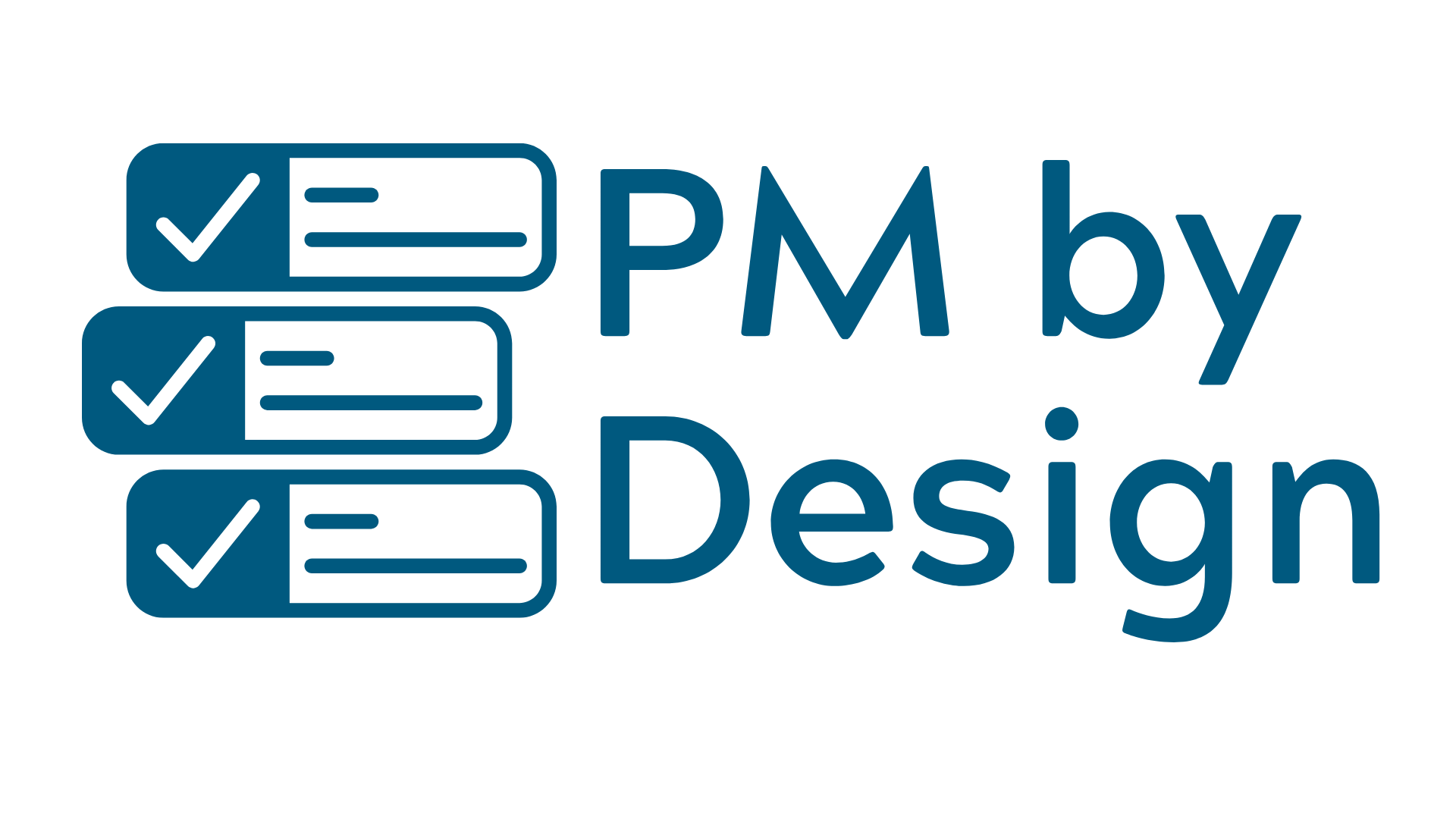What are Lessons Learned?
Lessons learned refer to the insights, observations, and takeaways that are documented at the end of a project, initiative, or significant milestone. They capture what worked well, what didn’t go as planned, and what could be improved next time—serving as a foundation for continuous learning and institutional memory.
In higher education, documenting lessons learned is particularly important given the cyclical nature of academic work, the rotating leadership structures (especially in faculty governance), and the frequency of collaborative, cross-functional projects.
While closely related to an after-action review, lessons learned are often formalized as a summary or report that can be shared with future project leads or archived for reference.
What are the benefits of capturing Lessons Learned?
Although it can be tempting to move straight into the next initiative once a project ends, taking the time to reflect and document lessons learned offers significant benefits:
- Continuous Improvement: Teams can build on successes and avoid repeating mistakes.
- Institutional Memory: Capturing insights helps future teams avoid “reinventing the wheel.”
- Improved Collaboration: Reflecting on team dynamics and processes can strengthen how future groups work together.
- More Informed Planning: Future project charters or feasibility assessments benefit from past experience.
- Increased Accountability: Documenting outcomes and recommendations supports transparency with stakeholders.
For example, after piloting a new advising model, a team might capture lessons learned about communication strategies, student feedback, and staffing structures that will influence future iterations or broader implementation.
Where might you see Lessons Learned in higher education?
Lessons learned are valuable across many types of academic and administrative projects, including:
- Technology rollouts, such as the implementation of a new LMS or advising system.
- Strategic initiatives, including things like diversity, equity, and inclusion efforts or retention campaigns.
- Program launches, such as new academic programs or student service models.
- Event planning, including large-scale conferences, orientation, or recruitment fairs.
- Policy changes, such as updates to grading systems or governance structures.
For instance, a university that just completed a strategic planning cycle might conduct interviews and team reflections to gather lessons that can inform the next cycle—or help other departments replicate success.
A step-by-step guide to capturing Lessons Learned
- Schedule a reflection session. Don’t wait too long after the project ends—gather your team while the experience is fresh. Consider integrating this step into your project close-out checklist.
- Ask questions like: What worked well? What challenges did we face? What would we do differently next time? (You can use or adapt an after-action review format.)
- Designate a note taker or create a shared document to track themes, examples, and recommendations. Be sure to differentiate between observations and action items.
- Create a simple format for your lessons learned—such as a bulleted summary, slide deck, or one-page brief—that can be easily shared and referenced.
- Upload your lessons learned to a shared drive, team site, or institutional repository. Label them clearly and link them to relevant deliverables or final reports.
- If your insights could benefit other teams, share proactively. You might also schedule a follow-up to revisit whether recommended changes have been implemented or had the intended impact.
Reflective questions
- How does your team currently reflect on completed projects or initiatives?
- What’s one recent project where capturing lessons learned could improve future work?
- How can you make lessons learned more accessible to others across your department or institution?
- Could lessons learned from one project inform your prioritization framework or project dashboard moving forward?
- What’s one insight from a past project that you still use in your work today?
- How can documenting lessons learned help you lead more effectively in future projects?
